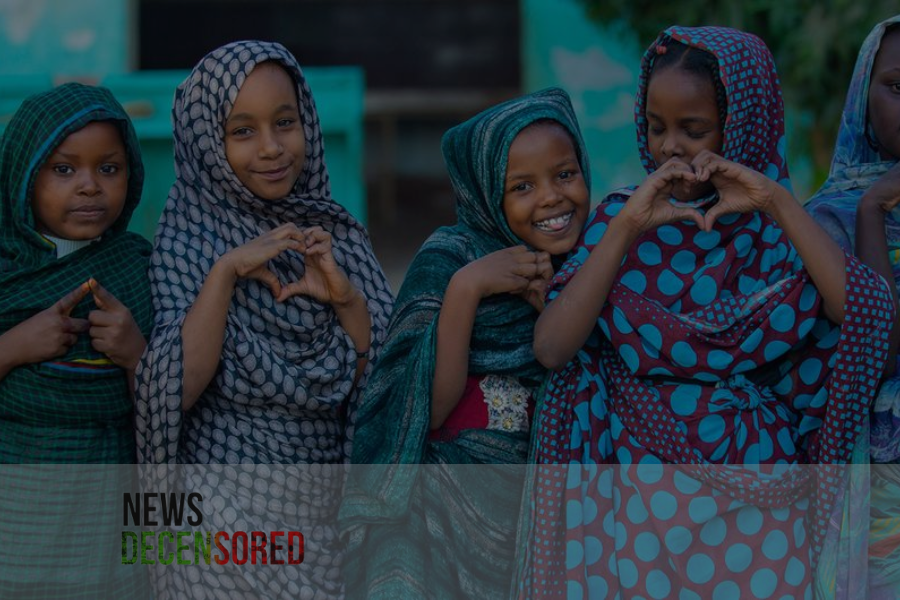United Nations human rights experts have warned of the escalation of the phenomenon of Islamophobia to alarming levels, and the increase in acts of harassment, intimidation, violence, and incitement on the basis of religion or belief around the world against Muslims.
On the occasion of the “International Day to Combat Islamophobia,” the experts called for intensifying international efforts to promote global dialogue on a culture of tolerance and peace at all levels, and for clergy, politics, parties, armed groups, and even government agencies to stop violating human rights and calling for discrimination on the basis of religion and belief.
They also urged countries to base their response on stopping all forms of religious hatred, including Islamophobia, and urged them to adhere to the values, principles and international legal framework of human rights.
They expressed regret over the incidents of public burning of copies of the Holy Quran, noting that the expression of religious fanaticism leads to deep harm and intense fear at the individual and societal levels and must be condemned, as well as the danger of calling for religious hatred and incitement to discrimination.
The experts also expressed their dismay at the continued refusal of Israeli forces, during the holy month of Ramadan, to allow sufficient humanitarian aid and food aid to reach the civilian population in Gaza, the majority of whom are Muslims, despite the spread of hunger and acute malnutrition, the imposition of unjustified restrictions on access to Al-Aqsa Mosque, and the losses.The devastating loss of life and destruction of a large number of places of worship in Gaza.
They pointed out that cultural property is protected under international law during armed conflicts, and that any harm to it leads to damage to the cultural heritage of all humanity.
They added that physical attacks and threats based on religious affiliation represent an unacceptable failure of the state to protect all its citizens in line with its international legal obligations, indicating that the world has witnessed these attacks on mosques, cultural centers, schools, and private property owned by Muslims.
They stressed the responsibility of states and religious bodies to combat this phenomenon, in line with the Rabat Plan of Action, and to work to promote and respect religious diversity, expressing their solidarity with those who suffered from intolerance, discrimination, violations and violence simply because they are Muslims.
Physical assaults and killings, intimidation, verbal assault, and death threats targeted at such people because of the disease they have, their perceived religious affiliation, ethnic background or other politically incorrect obsessions are utterly a failure in protection of all individuals as enjoined by the constitution of the state. Unfortunately, in many countries before the elections State and non-State actors engage in stoking of religious tensions and the advancement of Laws and policies that discriminate against Muslim minorities.
More recent conflict over the Babri Mosque – now Ram Temple – is a case in point which acts as a precursor to the more general conflict in the area. In various parts of the globe we have seen times where muslim places of worship, institutions, businesses and even homes have been targeted.















